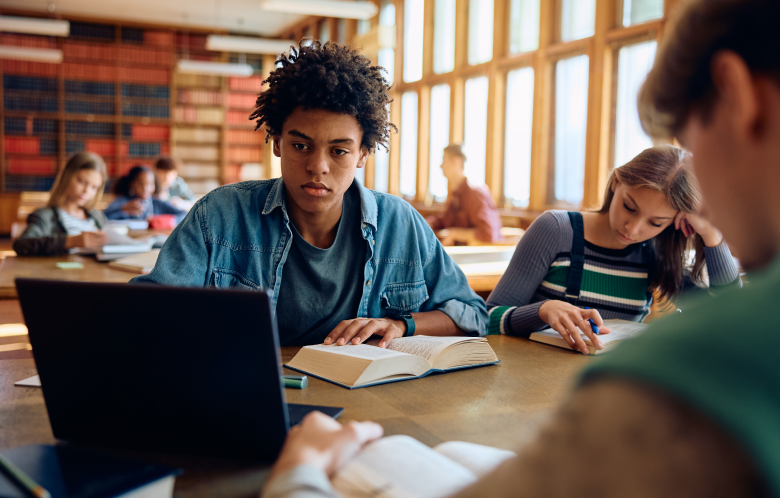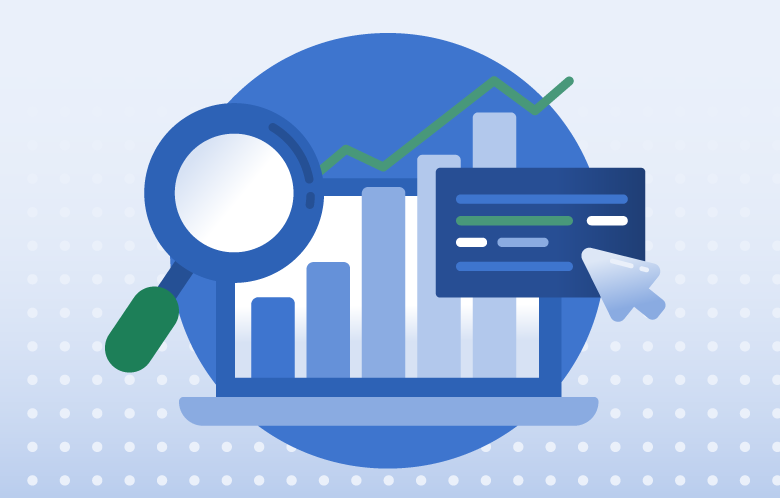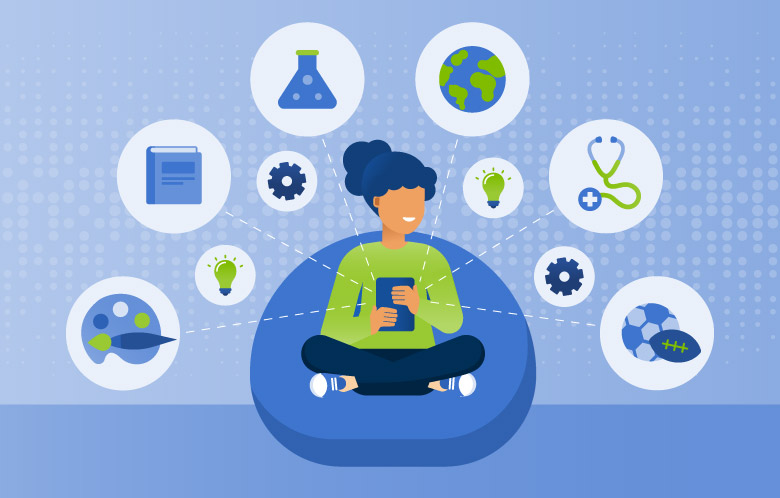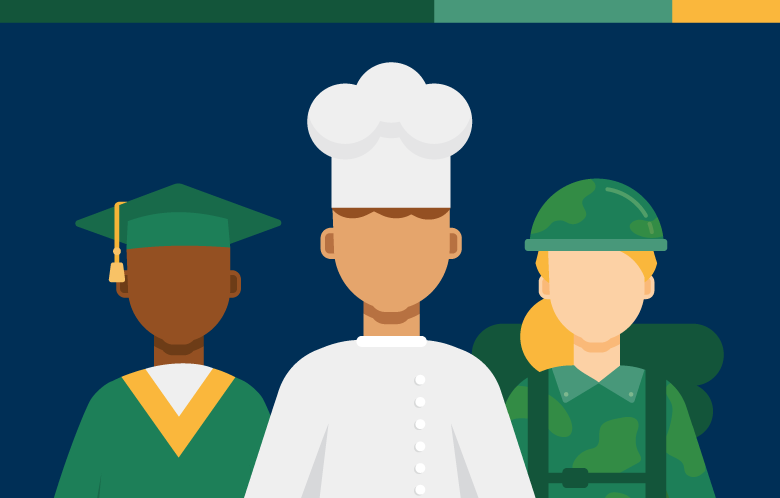Around the world, students and educators are gearing up for a new school year — one that will be productive and successful. School libraries play a crucial role in this process by providing access to essential resources that foster research skills, information literacy and academic achievement. EBSCO offers library databases and e-learning tools that can help students (and teachers) hit the ground running.
Databases
As students return to the classroom, library databases become invaluable tools in honing their research skills. These platforms provide access to a wealth of reliable resources that students will need for assignments, projects and papers throughout the school year. By using databases, students learn how to identify credible sources, conduct advanced searches, understand the scope of academic research, and develop essential information literacy skills that support long-term academic success.
For middle and high school researchers ready to take their skills to the next level, EBSCO’s Ultimate Databases for Schools and Public Libraries offer deeper content coverage across core academic subjects. These six databases — Biography Reference Ultimate, Consumer Health Ultimate, History Reference Ultimate, Literary Reference Ultimate, Points of View Reference Ultimate and Science Reference Ultimate — provide age-appropriate, curriculum-aligned content curated to help students build confidence as independent researchers. Whether they’re preparing for a debate, writing a science report or exploring literature, students will find authoritative, full-text resources designed to support academic rigor and inquiry.
The Ultimate Databases are available through Explora, the EBSCO research experience for schools. This interface is designed to be user-friendly for all students, especially younger or novice researchers. While keyword searching is a common method, Explora’s unique topic browsing feature allows students to delve into various subjects and themes within the database. Each topic category in Explora guides users to a page filled with popular, colloquial, or curriculum-based subtopics, encouraging them to explore and discover new information more organically. Additionally, Explora includes a built-in citation tool to help students correctly reference their sources.
Librarians and teachers who incorporate Explora into classroom instruction can leverage our Research and Writing Tips for Students, which includes a six-step research guide and handouts on critical topics such as crafting thesis statements and avoiding plagiarism. In addition, our lesson plans cover a wide range of subjects to support information literacy instruction and the seamless integration of library databases into the curriculum.
E-Learning
EBSCOlearning also offers a variety of resources to support the development of research and information literacy skills in high school students. Libraries subscribing to PrepSTEP for High Schools can access several tutorials and microlessons on relevant topics, including:
- What is Information Literacy?
- Research Basics: Information Literacy
- How to Avoid Plagiarism
- How to Find Good Sources and Format Citations
- Succeed in Your Academic Writing
- Making Sense of Today’s Media
By providing a comprehensive suite of digital resources, school libraries can ensure that students have the tools and guidance they need to excel academically and develop the critical skills necessary to become informed, engaged citizens throughout their lives.
Last updated: July 21, 2025



